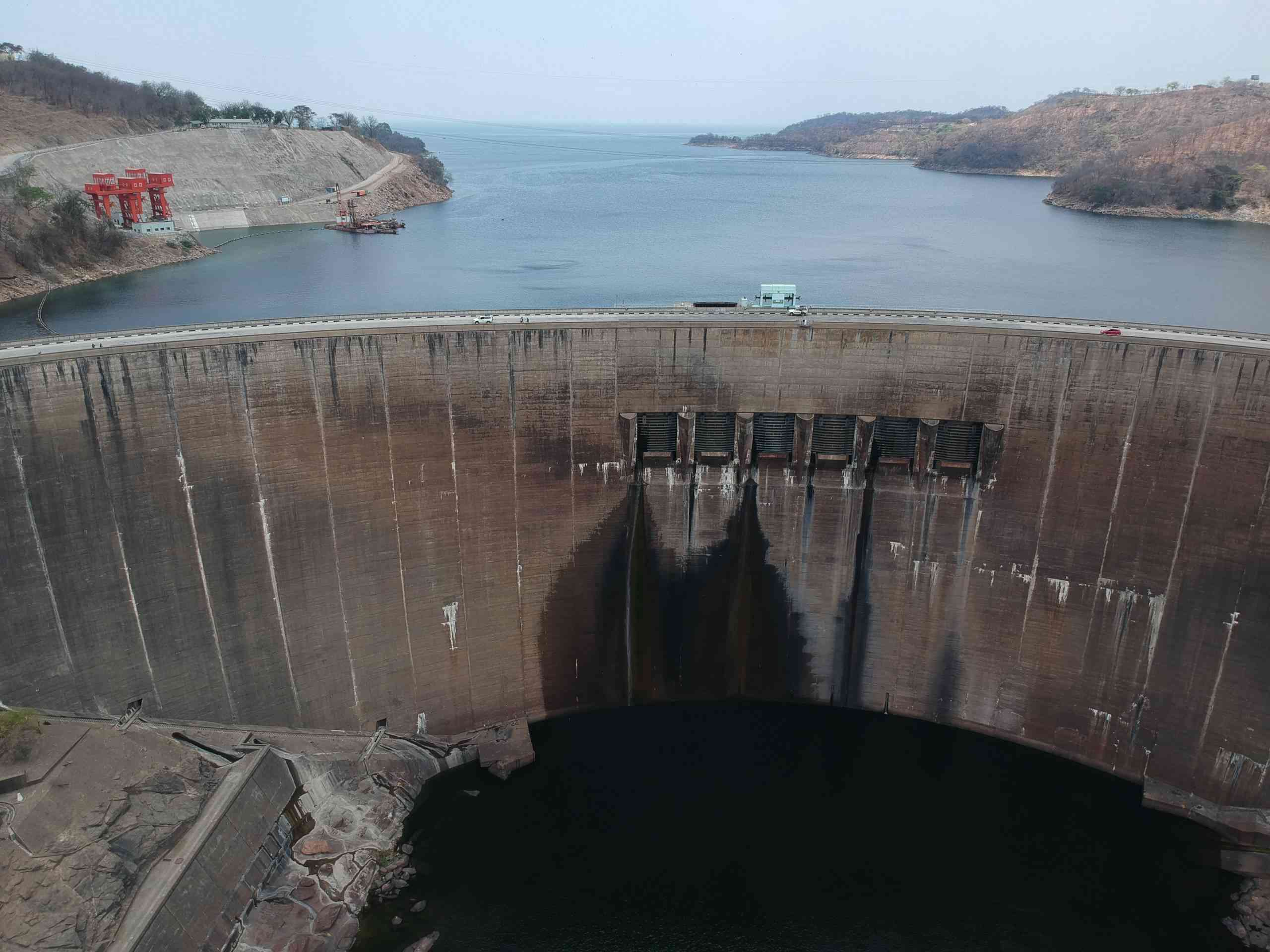
The World Bank Group says Zimbabwe is ripe for the international development assistance turnaround regime (TAR) support on the strength of reform processes and the need to arrest the country’s economic decline.
BY NDAMU SANDU
In a draft document, International Development Assistance Turnaround Eligibility Note for Zimbabwe, the bank said the country needs a financing of $300 million from the TAR facility to support its arrears’ clearance plan and current stabilisation needs.
Zimbabwe’s indicative International Development Assistance (IDA) 17 annual allocation of $58m was insufficient as a bank’s contribution to government’s arrears’ clearance plan, and cannot adequately support the country’s reform agenda, it said.
The country is racing against time to clear its combined $1,8 billion arrears to the three preferred creditors — the World Bank, International Monetary Fund (IMF) and the African Development Bank (AfDB).
Zimbabwe owes $110m to IMF and $601m to AfDB.
The country owes the International Bank of Reconstruction and Development (IBRD) $896m.
- Chamisa under fire over US$120K donation
- Mavhunga puts DeMbare into Chibuku quarterfinals
- Pension funds bet on Cabora Bassa oilfields
- Councils defy govt fire tender directive
Keep Reading
A unit of the World Bank Group, IBRD provides loans and assistance to middle income countries.
Zimbabwe also owes IDA $218m. IDA is a World Bank unit, which helps the world’s poorest countries. The World Bank said the request for Zimbabwe to access exceptional IDA turnaround support was based on the fact that the country’s fragility had posed a significant obstacle to development.
Government had also demonstrated a commitment to a major change in the policy environment after a period of disengagement from the bank lending, it said.
“Indeed, today’s ‘perfect storm’ of economic and climatic headwinds have led to the spread of economic realism among many stakeholders, suggesting now is a formidable time for the bank and donors to re-engage Zimbabwe to catalyse real change,” World Bank said in a document seen by NewsDay.
The bank said Zimbabwe has carried a number of reforms that included the removal of political middlemen in the value chain for diamond and gold, closure of “six politically-connected and troubled banks” as well as strengthening banking supervision, among others.
The World Bank said Zimbabwe’s multi-dimensional fragility had an impact on its development trajectory.
It said a lengthy isolation from the international community restricted aid flow resulting in a build-up of arrears to multilateral and bilateral partners.
“In the face of these difficulties, Zimbabwe’s recent rebound and the authorities’ early progress on reform make a persuasive case for TAR support especially given the country’s resiliencies, its favourable institutional framework and commitment to equity,” it said.
The bank said by facilitating participation in the authorities’ arrears clearance plan, the TAR would permit the bank to re-engage with Zimbabwe, adding that the support was critical “to help reinforce and accelerate Zimbabwe’s transition out of fragility”.
It said assuming full clearance of existing IFIs arrears, Zimbabwe would still need to service $280 million IDA in current obligations and a new loan facility covering IBRD arrears (all existing IBRD debt will be repaid in the arrears clearance).
Zimbabwe’s annual debt service to IDA would approximately be $20m and its debt service for loans facility to clear IBRD arrears would be approximately $100m per year, it said.
The bank said Zimbabwe’s turnaround case was exceptional in that it was not based on the resolution of broad-based civil conflict nor a political crisis, but an opportunity to capitalise on political commitment to fundamental policy change after years of ideological policy improvisation and fragility.
“Zimbabwe seeks an exit from political instability, isolation and fragility. The GoZ [government of Zimbabwe] has demonstrated a commitment to major changes in the policy environment after a long period of disengagement from bank lending,” it said. “For example, after the 2013 election, the (President Robert) Mugabe administration has embarked on significant macro-economic and structural policy shifts, reversing long-held ideological positions that stymied developmental gains.”
It said should the current arrears clearance and re-engagement attempt fail, this would miss a major opportunity to nurture the growing “economic pragmatism and risks a return to ideology-driven policies”.
“Under the status quo and without TAR support, Zim risks further economic decline and deterioration of poverty and social conditions leading to high levels of deprivation and possibly social strife and state failure,” the bank said.












